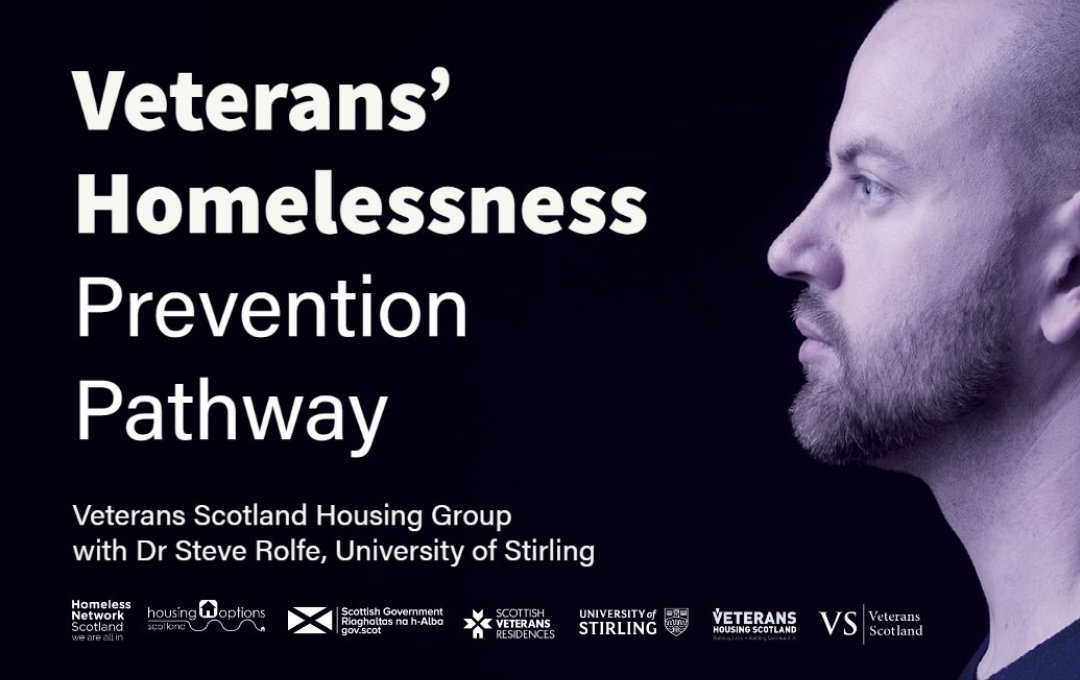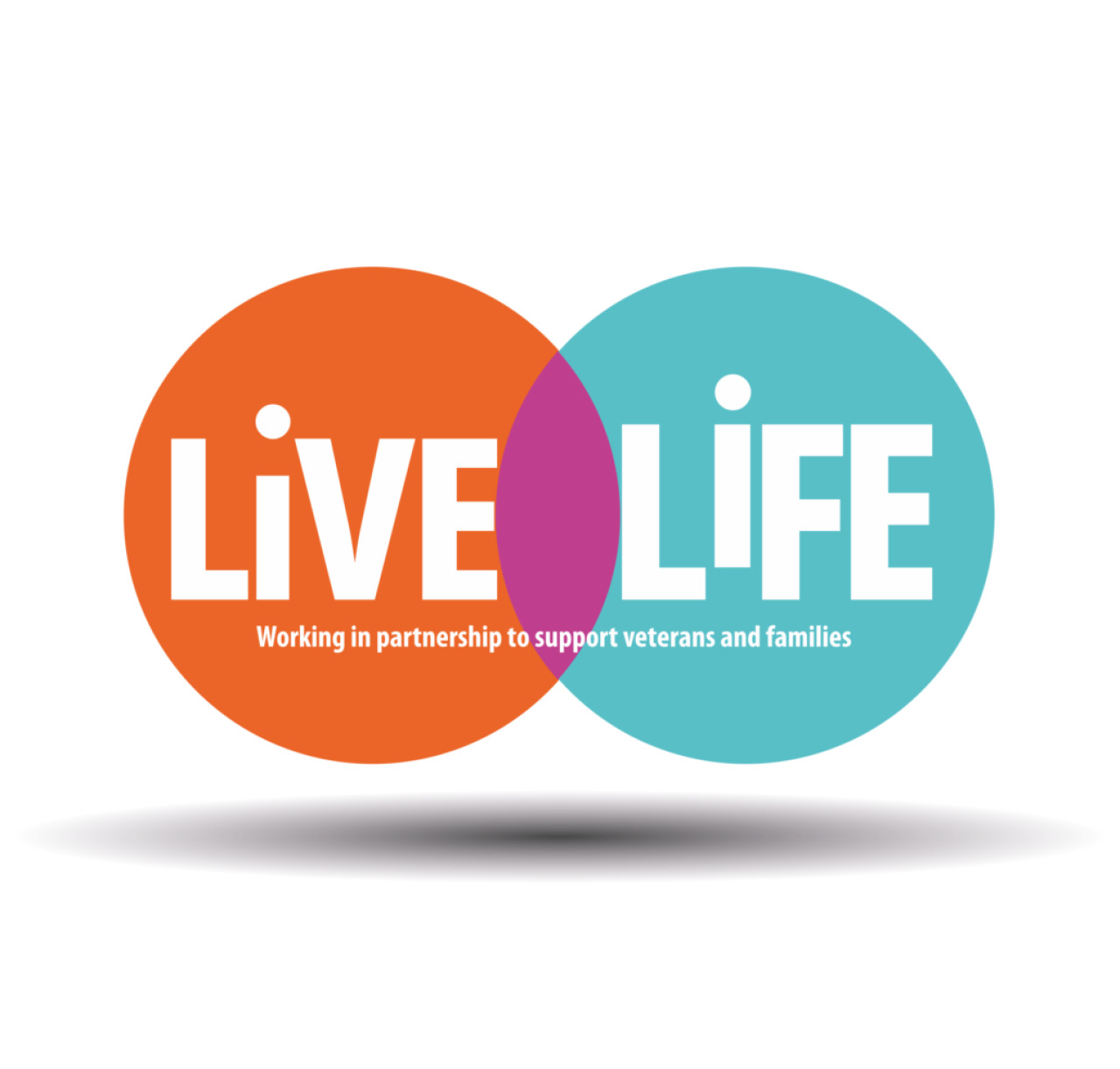New report highlights veterans' need for homelessness support

A recent report from the Veterans Scotland Housing Group has highlighted the specific homelessness needs of Armed Forces veterans in Scotland, and recommends that homelessness responses should provide direct support for the specific needs of veterans.
Veterans’ Homelessness Prevention Pathway was released last week, produced in partnership by Homeless Network Scotland, Housing Options Military Matters, Scottish Veterans Residences, Veterans Housing Scotland, Veterans Scotland. It identifies that approximately 800 homelessness applications a year in Scotland are from households containing at least one former service member. Veterans affected by homelessness are more likely than non-veterans to experience rough sleeping and other complex issues, including trauma, alienation and physical disability.
The report recommends recognising the specific issues facing veterans and working to connect veterans to needed services, improving understanding and preparedness in the homelessness sector for veterans’ needs, and tackling the underlying issues of ‘delayed transition’, which often lead to people experiencing homelessness some years after discharge from the Armed Forces. The Pathway prioritises preemptive support to prevent homelessness among those leaving the Forces.
As the lead partner within Live Life, which works to offer whole family support to veterans and their families, Cyrenians agrees with the report’s recommendations to focus on the specific needs of the veteran community. Veterans and their partners, children, and carers are often living with stress, difficulties readjusting to civilian life, and feelings of isolation.
Unsupported, these feelings can manifest in issues like family breakdown, substance abuse, unemployment, and criminalisation, which increase not only the rate of homelessness but the likelihood of negative outcomes like rough sleeping or trouble sustaining tenancies. This cycle of trauma and homelessness is often generational and wide-ranging, affecting not only service leavers themselves but their families and loved ones, who are often left to support with these struggles alone.
Through our active partnership, we know and understand the necessity of having a central point of contact for veterans and their families. When veterans reach out for help it can be very daunting, particularly for those who have been struggling for some time before reaching out.
Cyrenains has always focused on tackling homelessness by dealing with its causes and consequences, and we understand the often complex emotional and practical needs experienced by veterans and individuals that often lead to homelessness.
Through conflict resolution and mediation and support, we are able to support families to stay together and stop the downward spiral that can lead to sofa surfing, rough sleeping and other forms of short or long-term homelessness.
Our relationship-based approach allows us to provide flexible support, and through our partnership with a wide range of organisations, veterans, their families and carers are connected with the specialist help they require. 73% of all referrals that came into Live Life engage with three or more of our partners, meaning that Live Life is providing a central point for people in need of a broad slate of specialist support.
This aligns with the findings from the Veterans Scotland Housing Group that highlights the need for a specialist point of contact to help veterans through difficult circumstances. Our Live Life work is a strong example of the ways that a joined-up approach to veterans’ needs can help address the underlying issues that lead to rough sleeping and other forms of homelessness among former service members.
Find out more
How does Live Life work?
Live Life is entering its third year of operation, and works to provide space and support for veterans and their families to manage pressures and rebuild connections and community.
